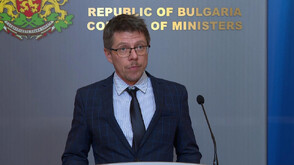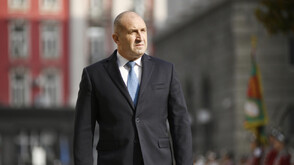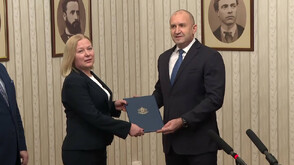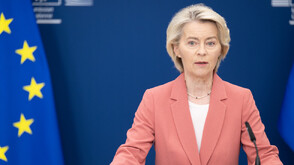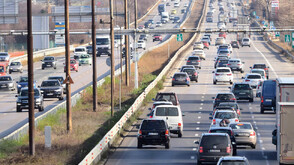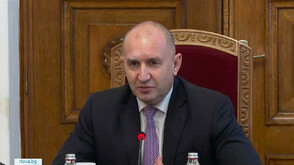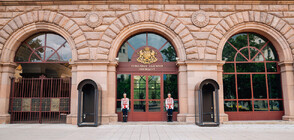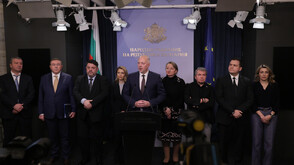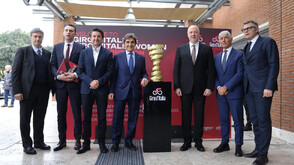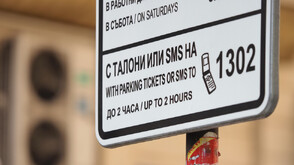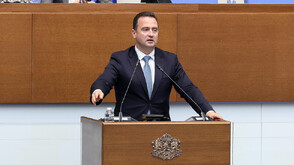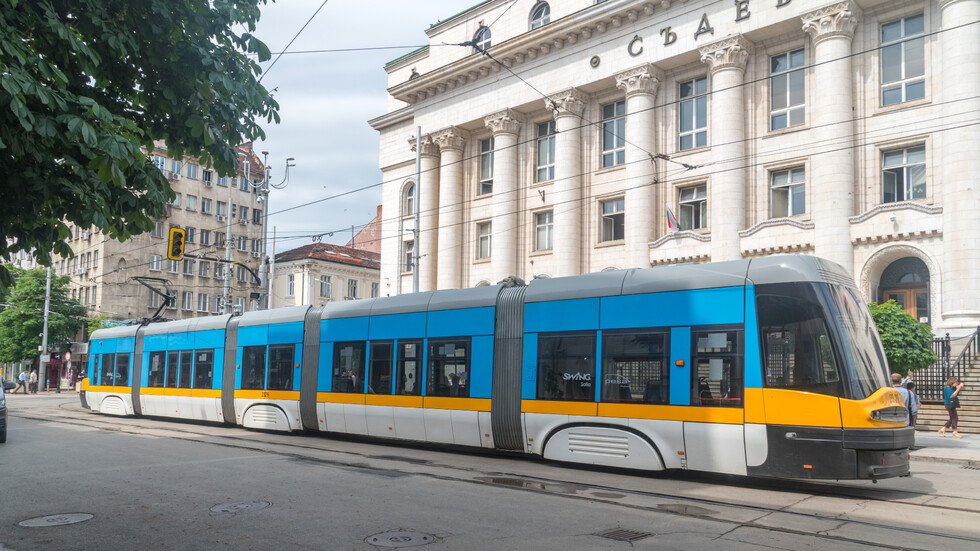
Photo: iStock
Bulgaria's capital is ahead of places such as Madrid, London, Rome and Vienna
Sofia receives grade D (with the highest A and the lowest F) and ranks 20th out of 42 European cities surveyed an urban environment ranking by the Clean Cities Campaign. Bulgaria's capital is ahead of places such as Madrid, London, Rome and Vienna, according to the environmental association For the Earth.
The " Thank You for Sharing" report, produced by the Clean Cities Campaign, a coalition of more than 80 European civil society organisations partnered by the environmental association, ranks cities according to four criteria that can be managed by local authorities: the availability of shared services for micro-mobility (bicycles, electric bikes and rental scooters), zero-emission public transport buses, the availability of shared services for electric vehicle transport, and the range and accessibility of public infrastructure for electric vehicle charging.
The relatively good position is rather due to the poor overall performance of most European cities, as well as two city-specific factors, For the Earth said.
The gap with the leaders is large - Bulgaria's capital received 35.8% of the maximum possible points, while the A-rated cities met more than 80% of the criteria in the report.
Sofia's relatively good level of public transport electrification is the main reason why it is not at the bottom of the ranking. This is largely a consequence of the city's retention of its extensive trolleybus network, which began in 1941 and was largely developed by 1989. Additional investment in electric buses in recent years is also an influence - something in which many cities in Europe are clearly lagging behind. With a score of 6.8 out of 10, Sofia shares third place with Helsinki in the smaller ranking for the uptake of zero-emission buses in public transport.
The private initiative is also having an impact, with Sofia performing not that badly in the ranking for available shared electric vehicles. However, this is not due to foresighted and sustainable urban management. A private operator for fast short-term electric car rental has existed in the capital for several years, offering around 600 electric cars to the citizens and visitors of Sofia.
At the same time, Bulgaria's largest city ranks last in Europe in micromobility (the criterion refers to the availability of bicycles, electric bikes and other micromobility devices) and scores only 2.2 out of 10 in the fourth category - for the public infrastructure available for charging electric vehicles.
Sofia ranked very well in terms of electrification of public transport buses and well in shared electric vehicles, but lagged behind in terms of micromobility and infrastructure, the release concluded.
Редактор: Тони ГосподиновПоследвайте ни





